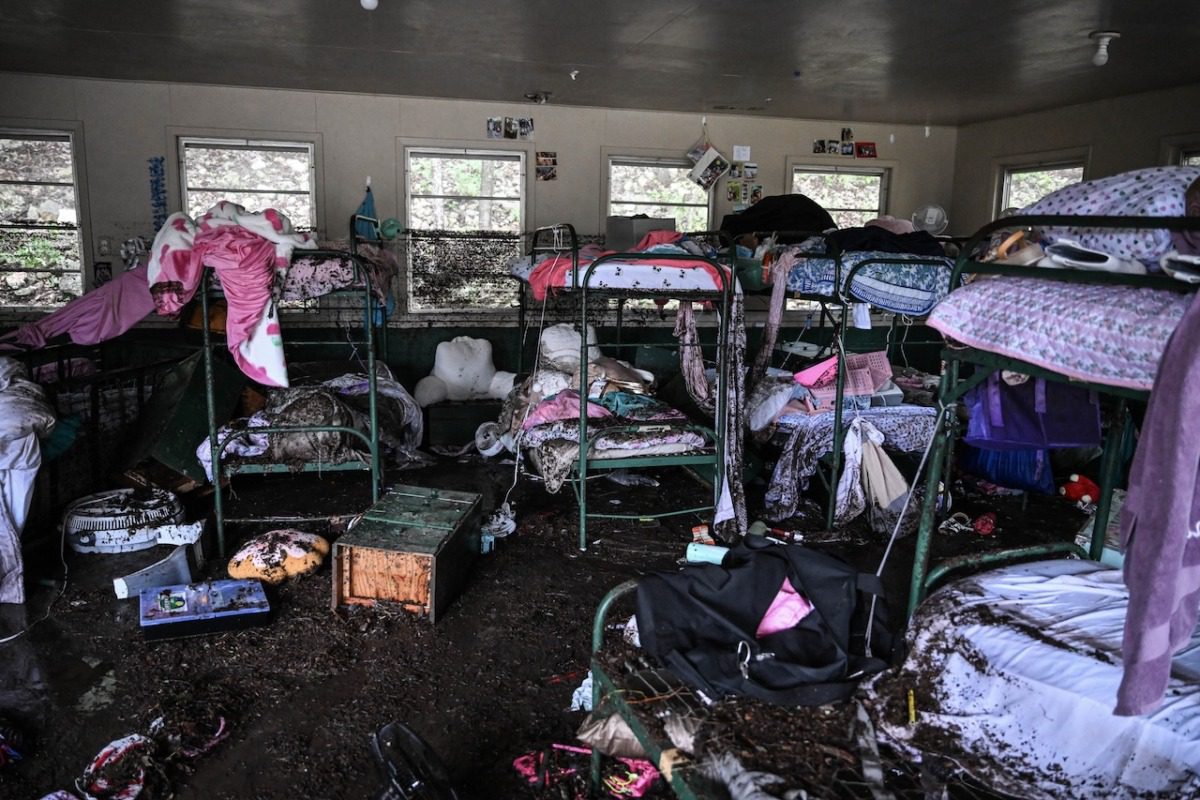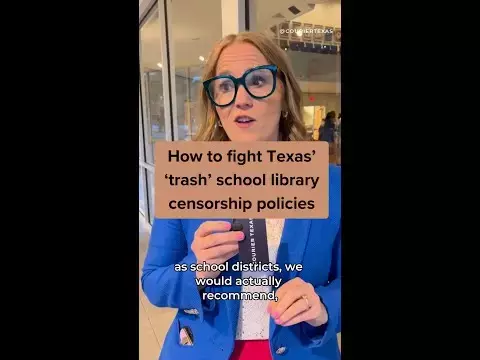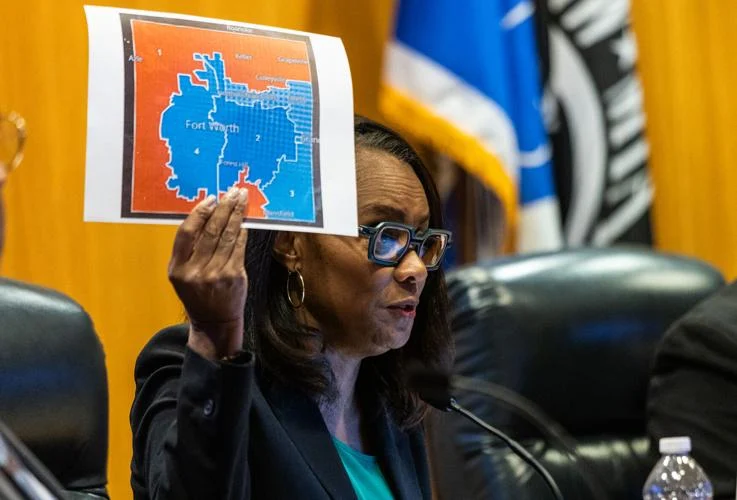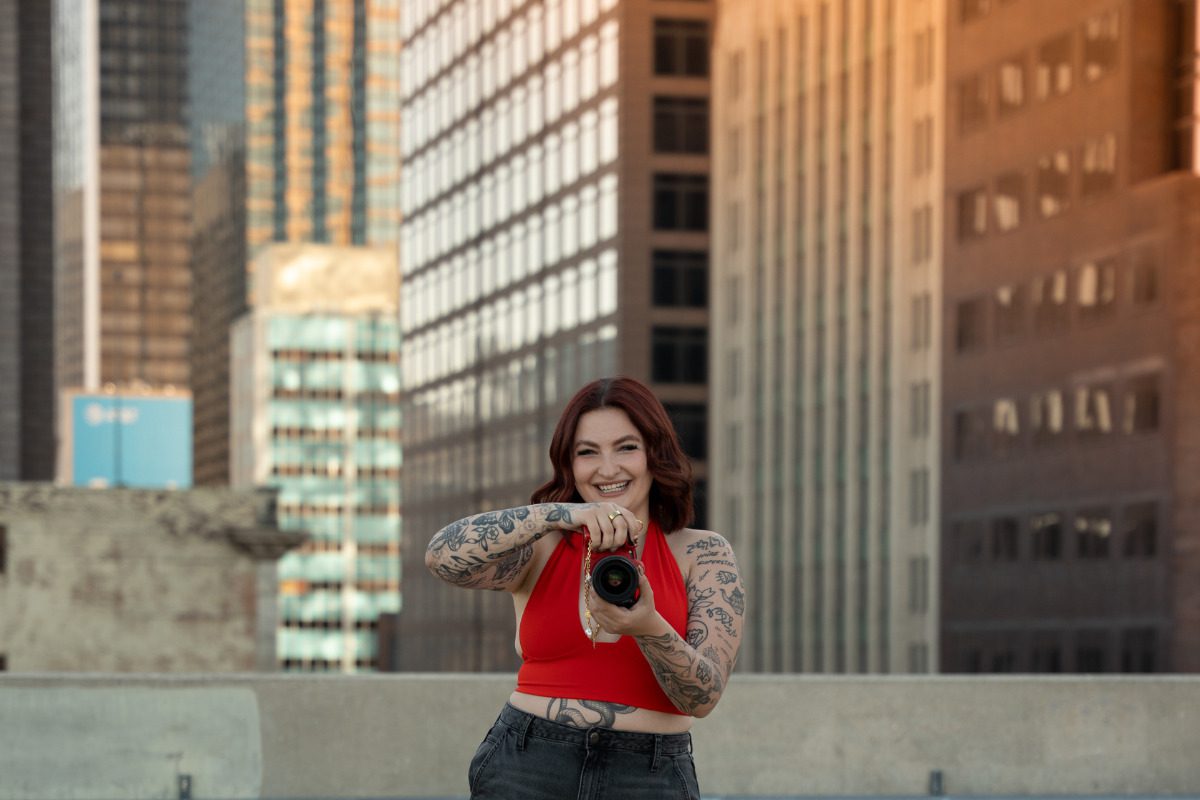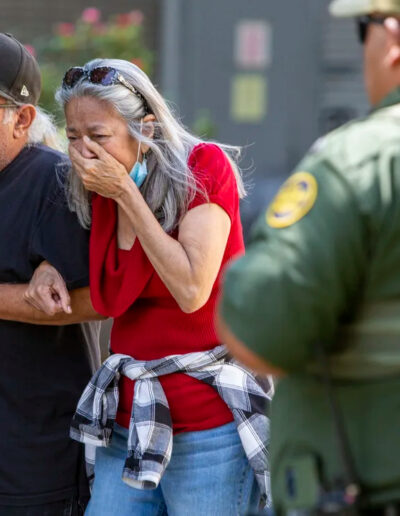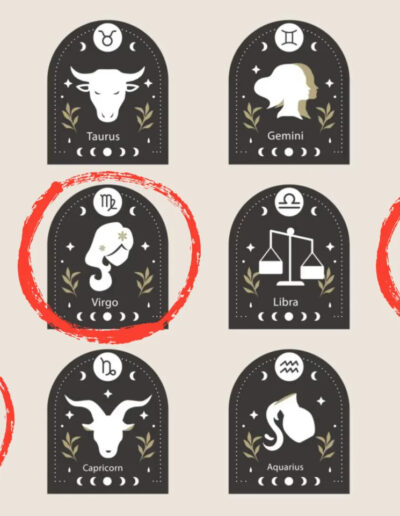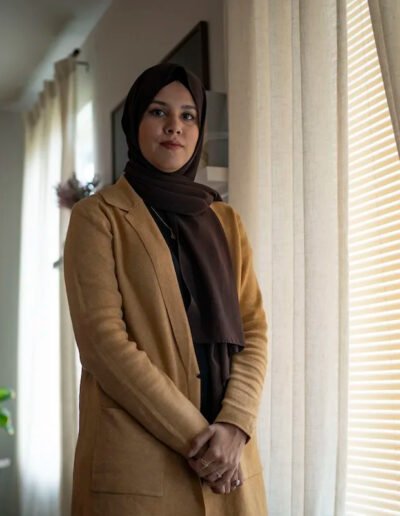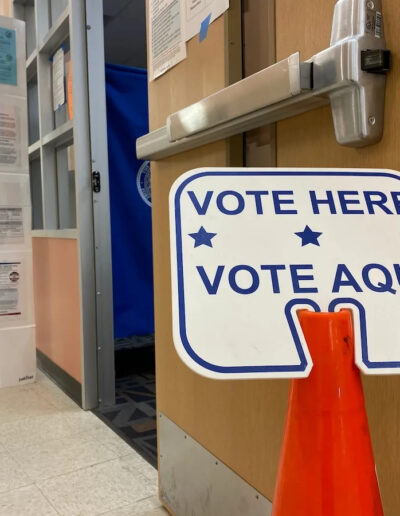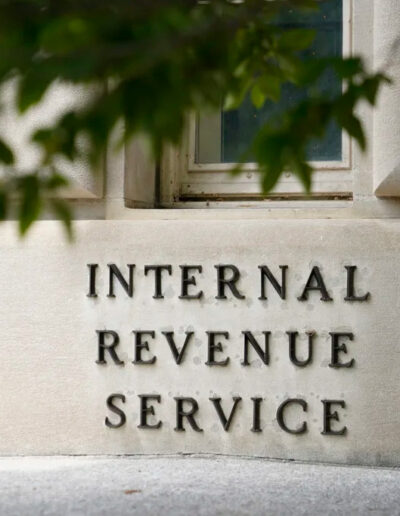
Texas ranks third overall in the country for most banned books, behind Florida and Iowa, according to PEN America’s Index of School Book Bans. Photo by FG Trade/Getty Images
With House Bill 183, Rep. Jared Patterson wants Texas parents to dictate what books should be allowed in schools, creating blanket bans across the state.
“The Handmaid’s Tale” and “All Boys Aren’t Blue” were among the 538 books that were pulled from library shelves across 12 Texas school districts in the 2023-2024 school year. That number could skyrocket if a proposed bill becomes law.
Rep. Jared Patterson’s House Bill 183 would allow parents to request that the Texas State Board of Education review materials in public school libraries, challenging a book to be removed if they believe it to be inappropriate for the grade level or if it has “sexually explicit material.”
Once a book is challenged, the board has three weeks to review it. In the meantime, students in the school and district where the book has been challenged won’t have access to it. The board will either decide it’s appropriate — adding the book to the list of approved materials, reject it outright and remove it from schools statewide, reject it for some but not all grades statewide, or refer it to the Texas Education Agency for further review.
Critics of the legislation say it’s another overreach by conservative lawmakers.
“This is taking the complaints of a single individual and forcing their own narrow worldview on millions of Texas students,” said Laney Hawes, cofounder of the Texas Freedom to Read Project, which mobilizes parents to fight against efforts to censor and ban books “It’s also a pretty severe government overreach. This is a small handful of people deciding what every child in the state of Texas has access to be able to choose to read.”
HB 183 doesn’t restrict how many books a parent can challenge, meaning one person could attempt to ban hundreds of books across the state if they wanted to.
It also mandates that the state board must maintain a list on its website, detailing every book challenge filed, along with the current status of each review process, ensuring transparency regarding attempts to restrict access to materials.
The state board of education also wants to change the process for reviewing books. In November, the board asked lawmakers to take the power of reviewing books away from local school districts and give it to them instead.
In 2023, Patterson authored HB 900, also known as the Restricting Explicit and Adult Designated Educational Resources Act, that forbids schools to purchase books deemed “sexually explicit,” and requires them to buy from sellers who rate their books according to specific state guidelines. Abbott signed the bill into law, but it has since been blocked by a federal appeals court.
In November, the state board adopted a controversial new curriculum for what’s taught in elementary classrooms. But HB 183 isn’t about what’s taught, Hawes said. It’s about micromanaging library materials.
“We aren’t talking about state mandated curriculum. These books are not being forced on students. These books aren’t even being taught in the classroom,” Hawes said. “These are library materials, which are places of voluntary inquiry, so students don’t have to read them if they don’t want to or if a parent is concerned. This is just micromanagement. This is book burning, and it’s problematic.”
Texas has more than 1,200 school districts, so lawmakers like Patterson want to make it easier to ban books in one fell swoop across the state rather than going from district to district, Hawes said.
Since 2021, 32 districts across Texas have banned books in their school libraries, according to the PEN America Index of Book Bans: Belton, Birdville, Brownsville, Canutillo, Clear Creek, Conroe, Cypress-Fairbanks, Denton, Fort Bend, Fort Worth, Fredericksburg, Frisco, Granbury, Humble, Jacksonville, Katy, Keller, Killeen, Klein, Lake Travis, Lamar Consolidated, Leander, Midland, North East, Plano, Prosper, Richardson, Southside, Spring Branch, Texarkana, Tyler, and Waller.
Some of the most banned titles throughout Texas include “Gender Queer” by Maia Kobabe and “All Boys Aren’t Blue” by George M. Johnson for their LGBTQIA+ content, and “The Perks of Being a Wallflower” by Stephen Chbosky and “The Kite Runner” by Khaled Hosseini for their depiction of sexual abuse.
More than half of the books outlawed across the U.S. include sex or sex-related topics and content, 44% include characters of color, and 39% include LGBTQ+ characters, according to PEN America.




